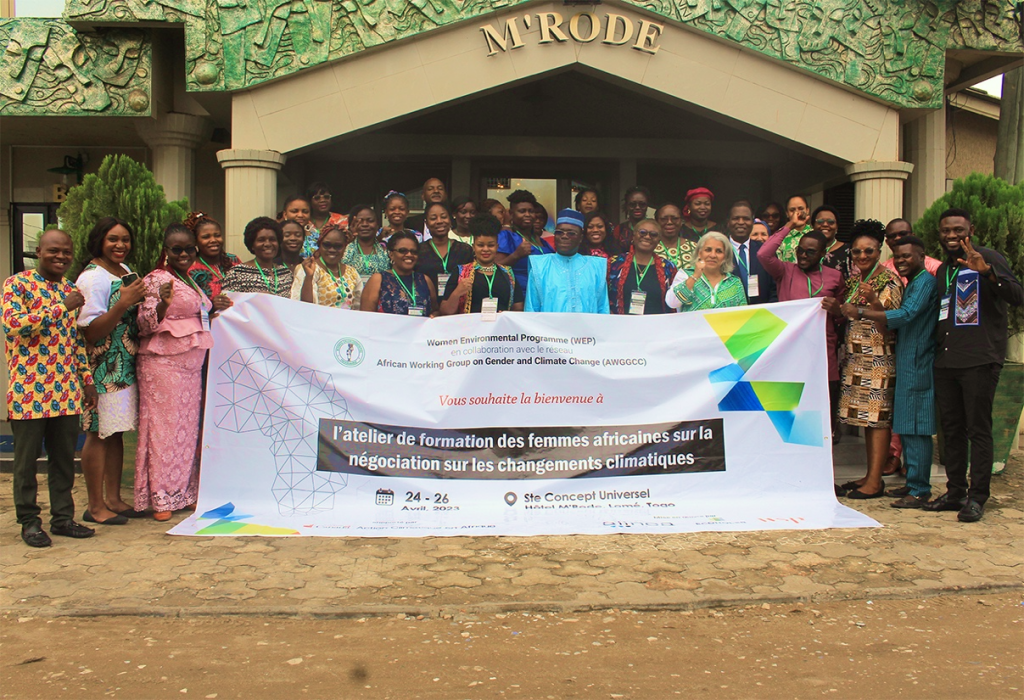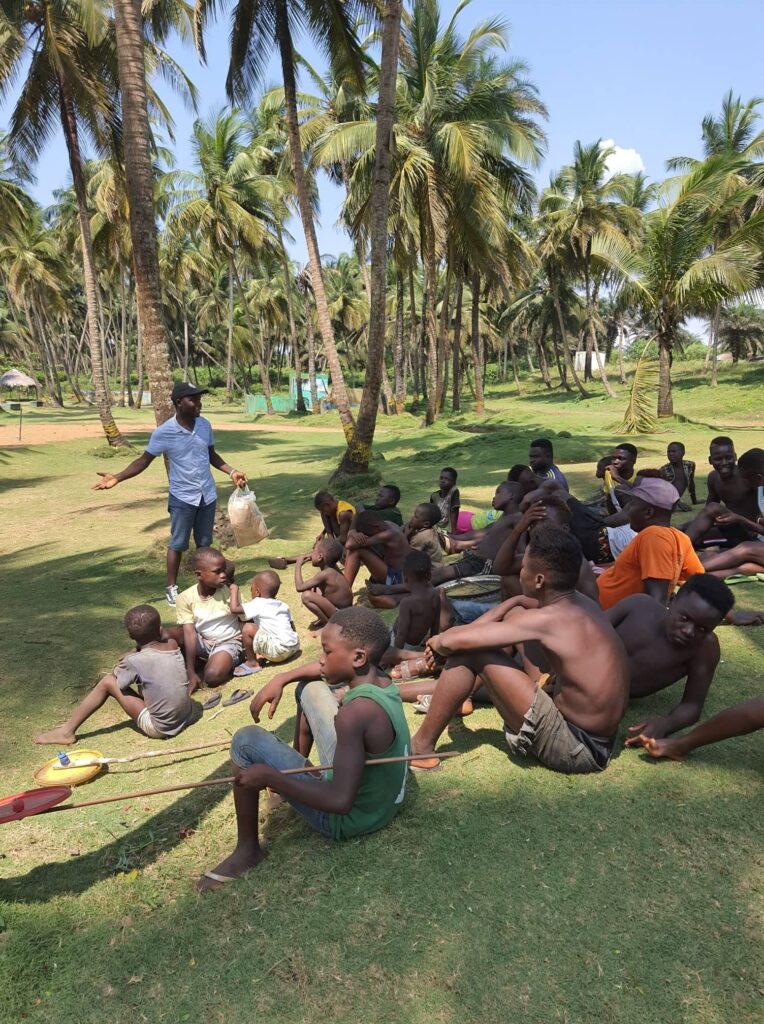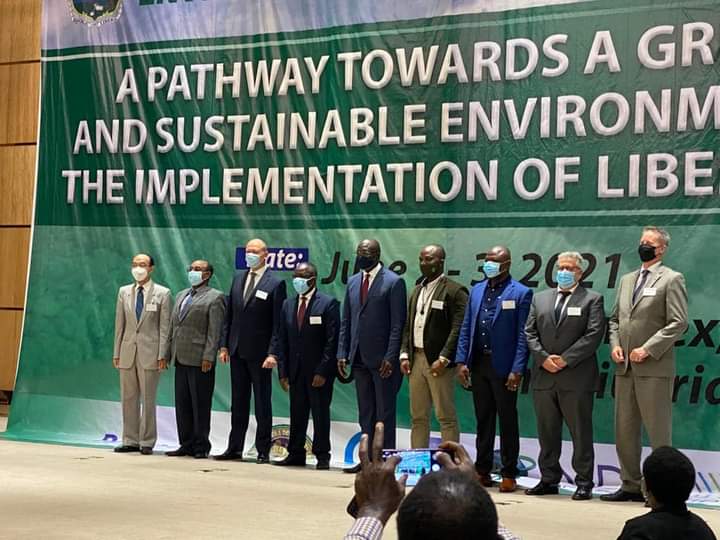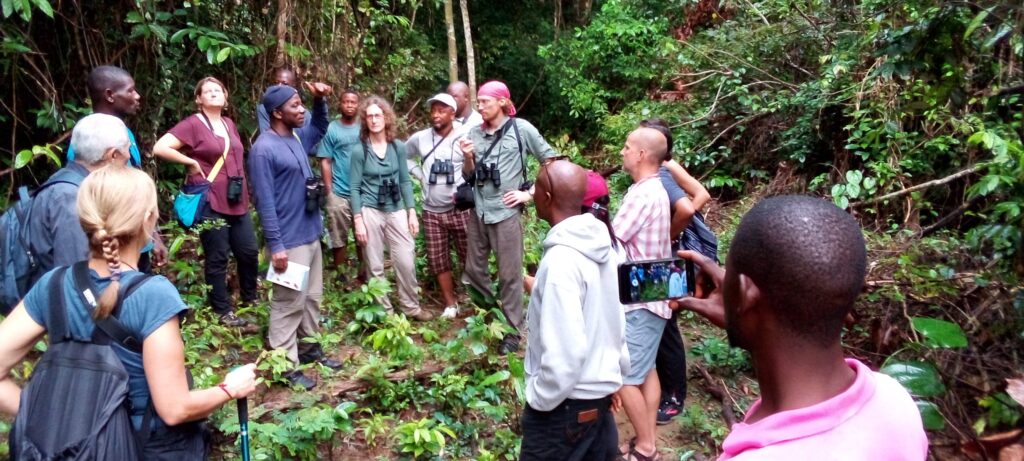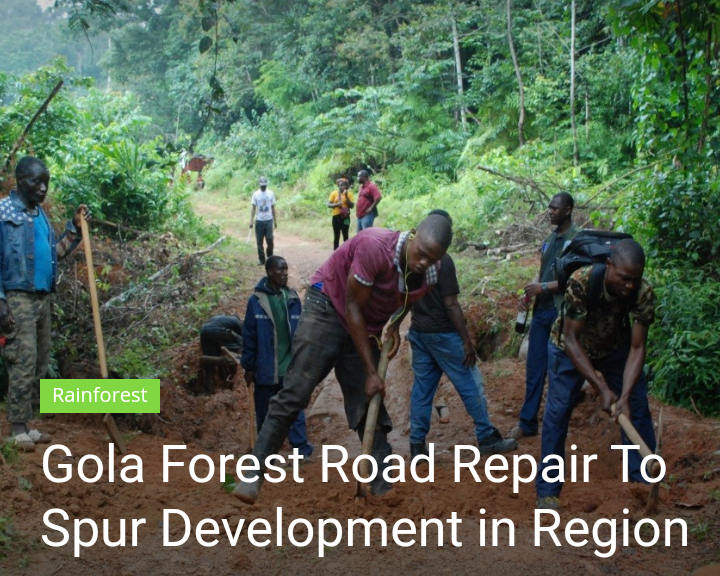The Society for the Conservation of Nature of Liberia (SCNL) has participated in the Climate Change Negotiations Workshop for African Women Programme. Representing the institution was SCNL Sustainable Finance Coordinator and Liberia’s Lead Negotiator on Loss and Damage, Ms. Sylvia Dorbor. During the training workshop, Ms. Dorbor presented the genesis of gender in climate change negotiations, and Loss and Damage. Among many seasoned facilitators, Ms. Dorbor was the youngest resource person/facilitator. She gave a detailed explanation of the link between gender and climate change and the evolution of gender in the negotiation process. The COP first adopted a standalone decision on gender in 2001 at COP7 in Marrakech, Morocco. It was only until COP18 in Doha, Qatar, in 2012 that gender was adopted as a COP agenda item to be discussed every year.
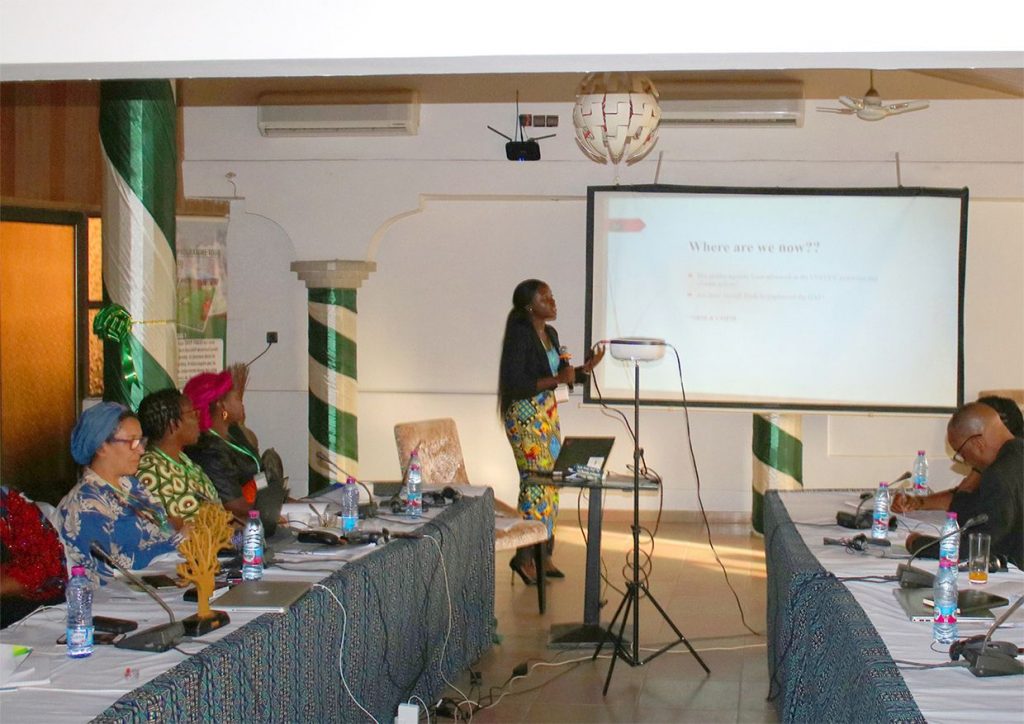
On loss and damage as a gender tracker in the climate change negotiations, she gave background and context on the evolution of loss and damage in the negotiations, including the establishment of the Warsaw International Mechanism (WIM) at COP19 in 2013 and the Santiago Network (SN) in 2019 at COP25, the current status of the negotiations and explained the importance of the discussion to African women. She emphasized the differentiation between mitigation, adaptation, and [loss and damage] and reminded all participants that although non-economic losses are not easily quantified, they should be included as part of the losses and damages people face from the adverse impacts of climate change.
“The impacts of climate change are not gender neutral, and as such, loss and damage initiatives and programs should take into account gender vulnerabilities. After over 30 years of debating, the parties to the convention finally agreed to establish a fund and funding arrangements for loss and damage. The funding sources and response tools to operationalize the fund are not yet determined, but a transitional committee has been set up to make recommendations for consideration at COP28,” she said. According to Ms. Dorbor, there is still a lot that needs to be done to ensure the full participation and inclusiveness of women in the negotiation process. “Gender equality does mean women and men will become the same, but opportunities and responsibilities should not be given to an individual just because the person was born a male or female”.
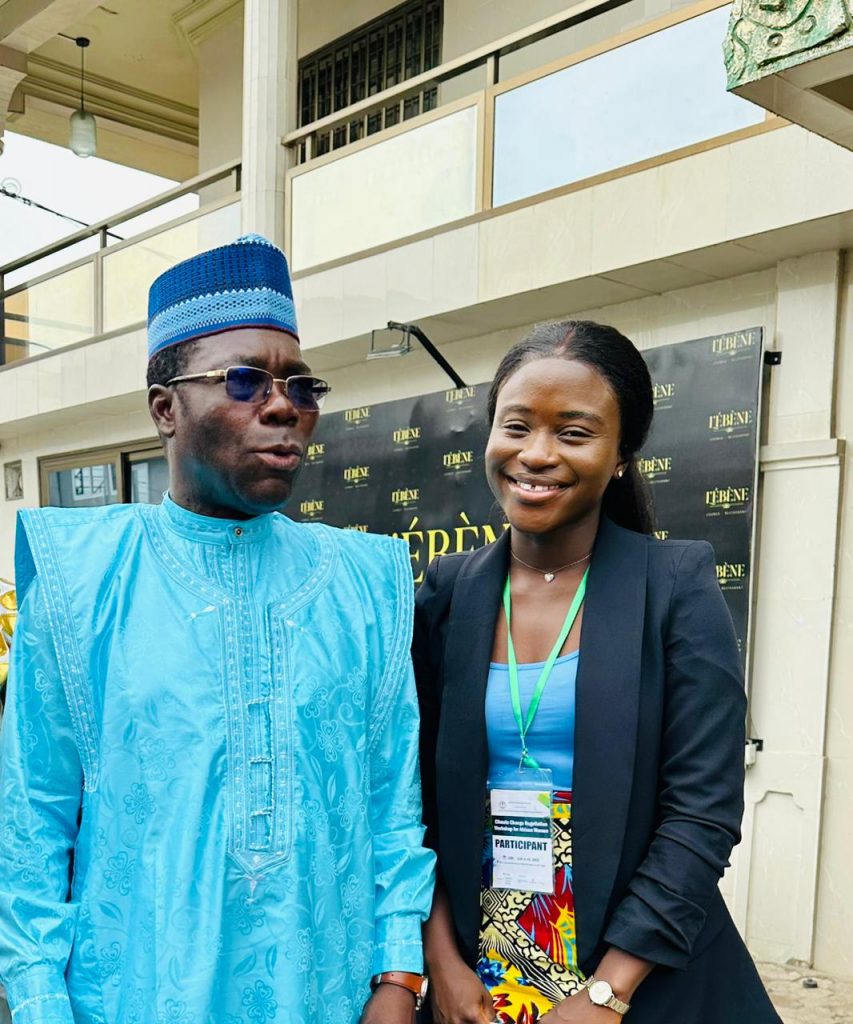
The United Nations Framework Convention on Climate Change (UNFCCC) was established in 1992 to find solutions to mitigate and adapt to climate change. About 198 countries (hereafter known as parties) have ratified the Convention—a near-universal membership. The Women Environment Programme (WEP), in collaboration with the African Working Group on Gender and Climate Change (AWGGCC), held the three-day climate change negotiation training workshop for African Women from April 24-26, 2023, at Hotel M’rode in Lomé, Togo. The workshop was supported by Alinea International, under the Climate Action Africa Project, supported by the Government of Canada as part of their international climate finance commitment. The meeting was attended by 30 women and 8 men from fifteen (15) African countries.
The training workshop set the stage for negotiations at SB58 and COP28 that will be held later this year in June and November. The experienced facilitators engaged the participants on the issues of gender and climate change in Africa and played an essential role in shaping the direction of the discourse on gender and climate change negotiations.
During the opening of the workshop, WEP-Togo Executive Director, Brigitte Acakpo-Addra, welcomed all participants to Togo and thanked them for choosing Togo for the meeting. Special remarks, otherwise known as goodwill messages, were delivered by the Global President of WEP, Dr. Priscilla Achakpa, and the Chairperson of AWGGCC, Winnie Lichuma. Dr. Achakpa gave a brief history of WEP, their progress so far, and the challenges faced.

The Minister of Environment and Forest Resources of Togo, Mr. Katari Foli-Bazi, gave the keynote address. He extended gratitude to the organizers for choosing Togo to host the training amongst other African countries. The Minister stressed the importance of equipping women to address the impacts faced in their home countries. The Project Manager of the Climate Action Africa Project (CAAP), Gioconda Ortega Alario, gave an overview of the project. The CAAP is part of Canada’s international climate finance commitment that targets 48 countries in sub-Saharan Africa. Dr. Peter Tarfa, a seasoned and experienced negotiator from Nigeria, gave a detailed presentation on the history of the UNFCCC process, which enhanced participants’ knowledge of the climate change negotiation process. He covered the objective and principles of the convention, the six main greenhouse gases, the Kyoto Protocol and the Paris Agreement, the classification of countries, the governing bodies, and the constituted bodies.
Madam Angelina Tutu Mensah, a member of AWGGCC and a negotiator on gender and response measures from Ghana, made a presentation on gender and gender concepts. She explained the differentiation between sex and gender, gender equality, and gender equity, amongst other gender concepts, and provided highlights on the international law framework for climate change and gender. She spoke of the Sustainable Development Goals (SDGs) and its predecessor, the Millennium Development Goals (MDGs), which call for gender equality and the promotion of women.

Madam Winnie Lichuma from Kenya gave a brief presentation oncompliance as one of the negotiation trackers. She said treaties are supported by strong compliance mechanisms designed to enforce compliance with all agreed commitments. “Great strides have been made since the launch of the Lima Work Programme on Gender in 2015. So far, three compliance decisions have referenced gender. All climate policies and actions should be gender-responsive. As such, compliance is important to ensure parties live up to their commitments in the negotiation texts and that the Paris Agreement is implemented in a gender-responsive manner,” she added.

